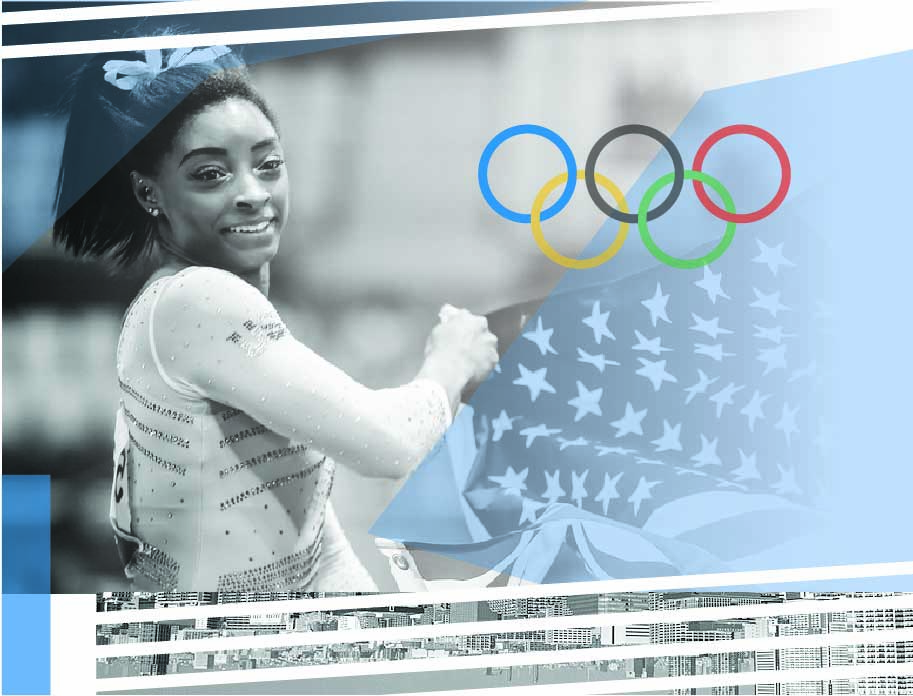
Dr Koji Kobayashi
Associate Professor in the Center for Glocal Strategy at Otaru University of Commerce, Japan, and Adjunct Senior Lecturer at Lincoln University, New Zealand. His research interests include globalization, media and nationalism as they relate to sport and recreation.
LinkedIn: www.linkedin.com/in/koji-kobayashi-85505917

Section 1: Tokyo & Mega-Events
- Public relations as the key in the 2020 Tokyo Olympic and Paralympic Games
- Tokyo 2020, East Asian geopolitics and Olympic diplomacy
- Anti-sex beds? Fake news! : why this video went massively viral?
- Power sharing: Olympic sponsorship and the athlete’s personal brand
- The Tokyo 2020 Organizing Committee’s veil of effective public relations to help save itself and the start of the Games
- Host city and mega-events: Olympic legacy in Japan
- The soft power of the Olympics in the age of Covid 19
- Tokyo 2020 Olympic Games, nationalism, identity and soft power
- The typhoon games
- Environmental leadership showcased in the Olympic Games
- Simone Biles and prioritizing athlete well-being
- How the female athletes of the Tokyo Olympics are reframing the way we think about motherhood
- Deliver a medal or apologize: A daunting task imposed on Japanese Olympians
- What happened to Rule 40 at Tokyo 2020?
- Cultural programming at Tokyo 2020: the impossible Olympic festival city?
- A green Olympic legacy for future generations?
- Lessons from Tokyo: the impact of the Paralympics in Japan
- Let’s play! Inspiring an inclusive mindset with a hands-on Paralympic experience for children and teenagers in Japan.
- The Olympic & Paralympic sponsorship without category exclusivity: Background of sponsorship exclusivity in Olympic and Paralympic Games (OPG)
- Counting cases, counting medals: Containing the Olympic contagion during the Tokyo Games
- The Olympic Games and ambush marketing via social media
- Pride and burden of striving for perfection at the Olympics
The level of public opposition against the hosting of the Tokyo 2020 Olympic Games was unprecedented. The critical voices have been heard through a range of channels including polls, online petitions and withdrawals from involvement in volunteering and torch relay. In the nation where the moral codes of Confucianism are still largely preserved, such values as obedience, conformity and discipline are upheld as righteous qualities of ‘good citizens’, and those who deviate from these social norms are often condemned as a nuisance of society. Unlike Tokyo 1964 which was similarly received with public anxiety and concerns in the pre-event polls but then turned into an incontestable narrative of national triumphalism after the event, the narrative of Tokyo 2020 is varied and contested despite the record number of medals for the host nation. According to the post-event poll by Asahi Shimbun, the approval rating of the government plummeted to 29% – the lowest for incumbent Suga administration and lower than the pre-event rating (31%). The COVID-19 pandemic certainly played a major role in inflicting a deep scar in the legacy of the event. What is not so apparent on the surface is that the event – or more precisely the public reactions towards the event – challenged the long-held social norms in Japan and awakened critical consciousness of its citizens.
A series of mishandling in management of the Games gradually yet firmly revealed the ad hoc nature of the government’s decision making, the lack of transparency on how these decisions were made and the absence of adequate crisis management and contingency planning. It began in 2015 with the cancellation of initially chosen design of the Olympic Stadium, followed by the allegation of copyright infringement over the initial design of the Games’ official logo. In 2019, then JOC president Tsunekazu Takada had to resign after being accused of sanctioning bribes to secure Tokyo’s bid for the Games. Within a year of the event originally scheduled, Tokyo Governor Yuriko Koike publicly criticized the IOC over its decision to move marathon and race-walking events to a northern city, Sapporo, over concerns of high temperature and humidity during summer. However, these incidents were perhaps all too familiar to the Japanese citizens who are generally tolerant of, or indifferent to, this sort of political blunders. Then came the COVID-19 pandemic and the subsequent postponement of the Games. As early as in December 2020, the public poll indicated that a majority (63%) of respondents preferred the event to be either cancelled or postponed again. The mistrust in the organizing bodies grew with the rise in cases of infection, especially in and around Tokyo, and the recurrent issuing of the state of emergency. The organizers then became vulnerable to any criticisms as the pressure mounted not just domestically but also internationally. In February 2021, then president of the Local Organizing Committee Yoshiro Mori resigned over his discriminatory remark on women. This was followed by resignation of three senior officials and figures involved in staging of the Olympic ceremony over inappropriate comments or behavior with respect to women, the Holocaust and people with disabilities. Although high-profile scandals in domestic affairs like these would have been swept under the rug previously, what made the difference this time was that the insularity of ‘politics as usual’ was subjected to the international attention and scrutiny, and Japan’s reputation was at risk on the world stage.
Unintendedly from the view of the organizers, Tokyo 2020 offered a wake-up call for the nation to recognize and address latent social injustice with respect to gender, sexuality, disability and human rights. In the interview by Yomiuri Shimbun, Mori revealed that he initially secured an agreement from Saburo Kawabuchi to succeed his position only to be rejected later by Prime Minister Yoshihide Suga who suggested “someone quite different from the predecessors if possible” and “someone who is young and female”, which led to the appointment of female politician and Olympian Seiko Hashimoto. According to Asahi Shimbun, it was then Hashimoto who pushed through the idea of selecting Naomi Osaka to light the cauldron at the opening ceremony and represent the theme of diversity and inclusion. It is a fair critique that having a female Olympian as the head of the organizing committee and a globally-renowned multi-ethnic female sport celebrity as the final torchbearer is merely a symbolic gesture for social change. However, these new – and surely powerful – representations do matter because, to quote Stuart Hall, any representation “can be made ‘true’ because people act on them believing that they are true, and so their actions have real consequences” (p. 293, emphasis in original). In this sense, Tokyo 2020 may have marked a new dawn of critical consciousness in Japan – a potential legacy that is actually (and ironically) consistent with a mission of the Olympism in promoting social responsibility and ethical principles.

